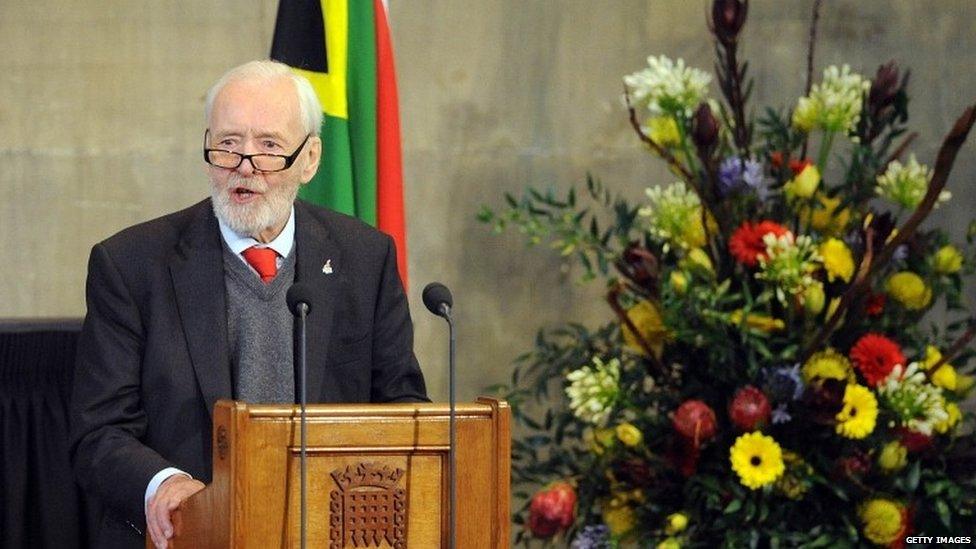Tony Benn: A life in pictures
- Published
Tony Benn, who has died aged 88, was one of the biggest - and at times most controversial - figures in Britain's Labour movement. Here is his story in pictures.
Born on 3 April, 1925, into a political family - his father and grandfather both sat in the Commons - Anthony Wedgwood Benn entered Parliament in 1950 at a by-election in Bristol South-East.
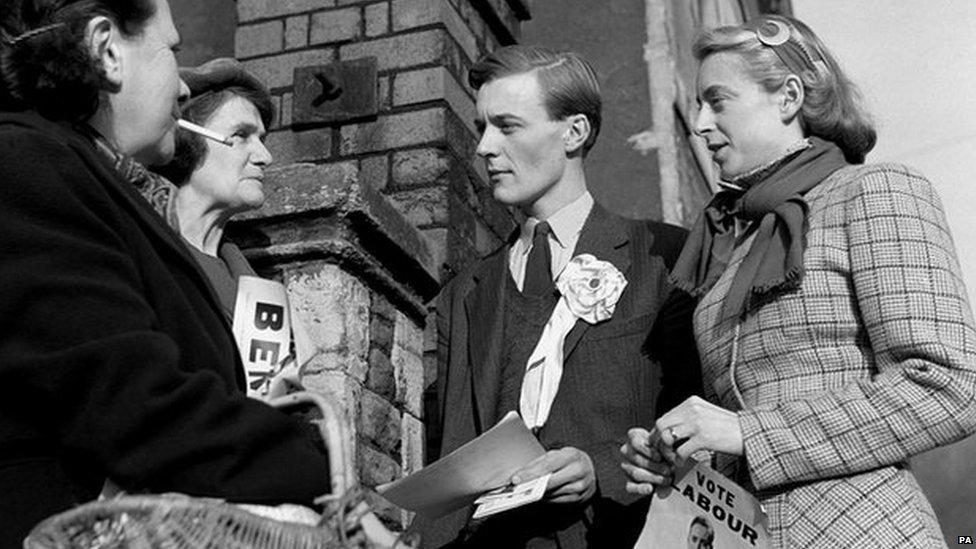
He married Caroline, a theologian and educationist, in 1949 and they had four children, Stephen, Melissa, Joshua and Hilary, who would go on to become a Labour cabinet minister.
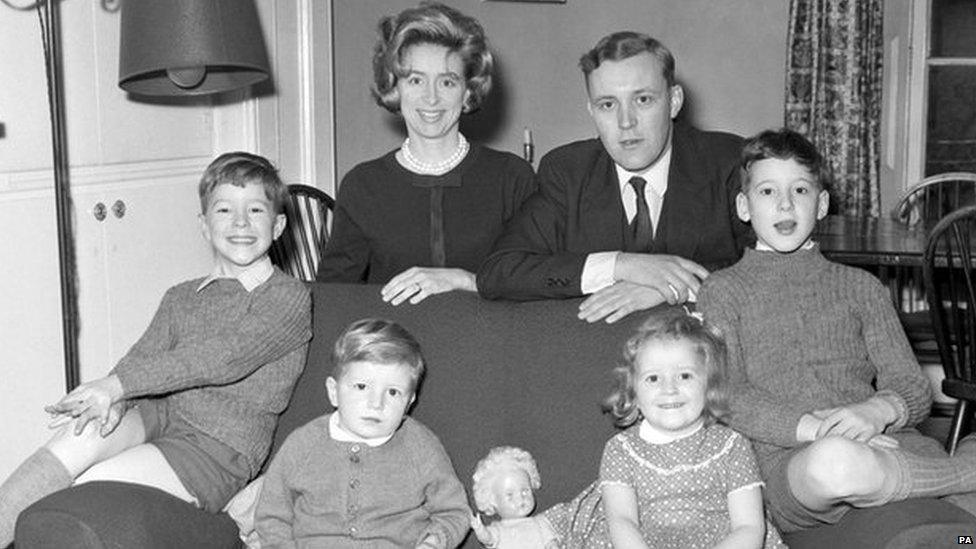
In 1960, Benn was disqualified as an MP when he inherited his father's title, forcing him to sit in the Lords. He retained his seat in a 1961 by-election, but it took a change in the law two years later before he was able to properly renounce his Viscount Stansgate title.
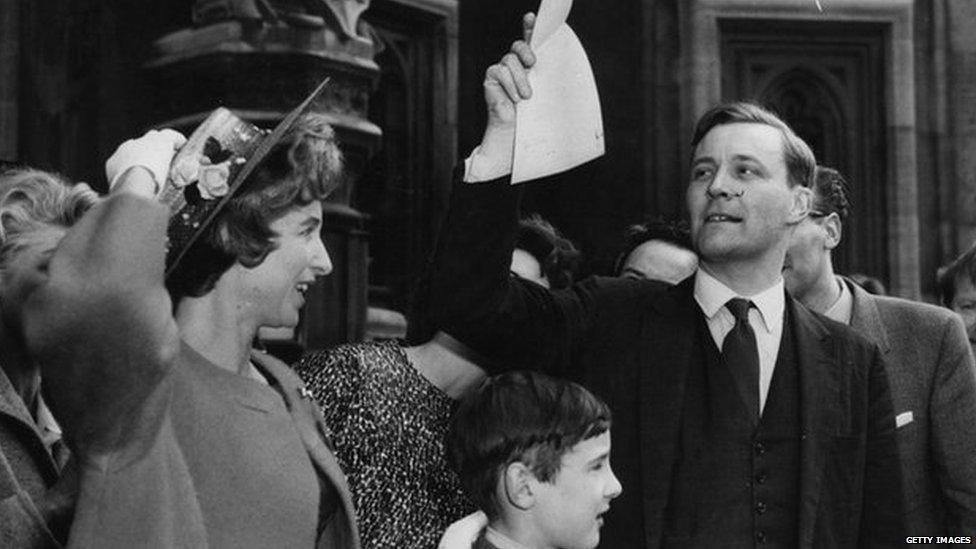
As Postmaster General in Harold Wilson's cabinet, he oversaw the opening of the Post Office Tower (now the BT Tower) and closed down pirate radio stations, paving the way for BBC Radio 1 - but he was defeated in his attempt to remove the Queen's head from stamps.
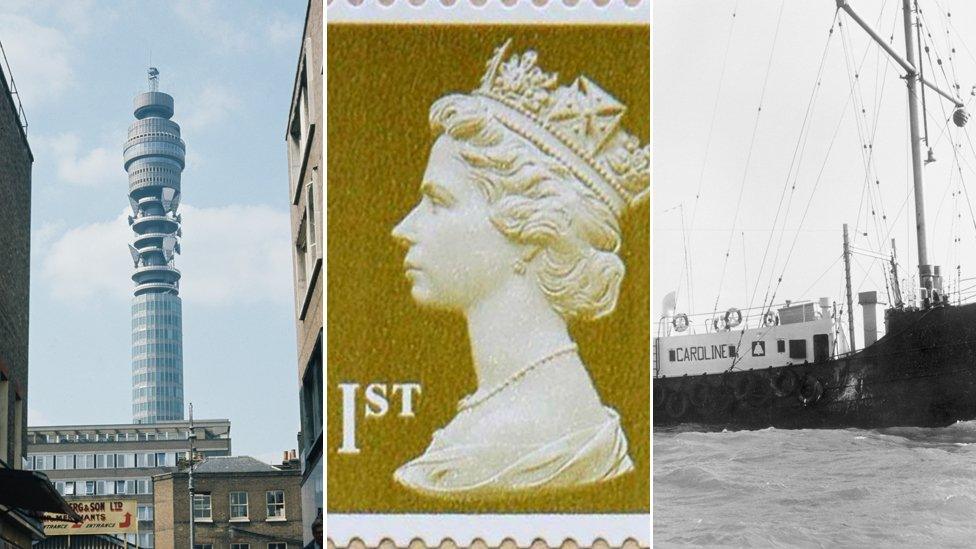
Benn, a wartime RAF pilot, also served as technology minister and was an enthusiastic supporter of Concorde, which was built near his Bristol constituency.
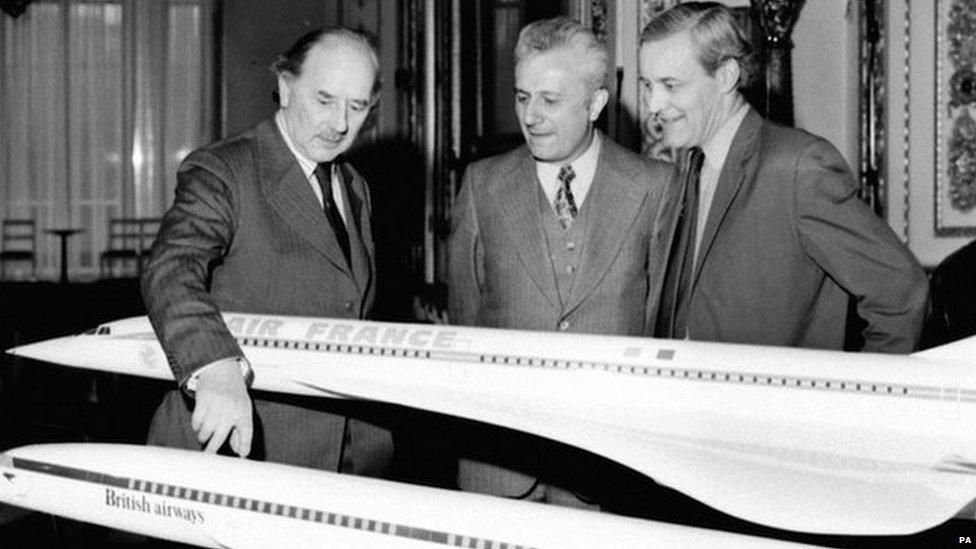
Benn - pictured below at the 1971 Labour conference with Harold Wilson and James Callaghan - abandoned his formerly moderate stance and moved to the left of the party. In 1973 he announced he wished to be known as Tony Benn rather than as Anthony Wedgwood Benn.
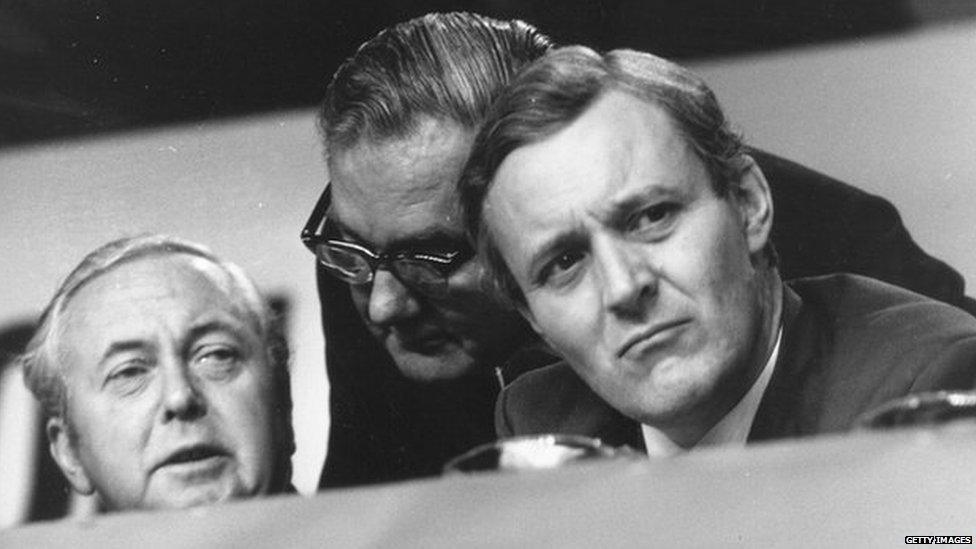
On Labour's return to government, Benn - pictured below at the 1976 party conference singing The Red Flag - was the leading standard-bearer for socialism in the cabinet and an ardent advocate of the state ownership of industry.
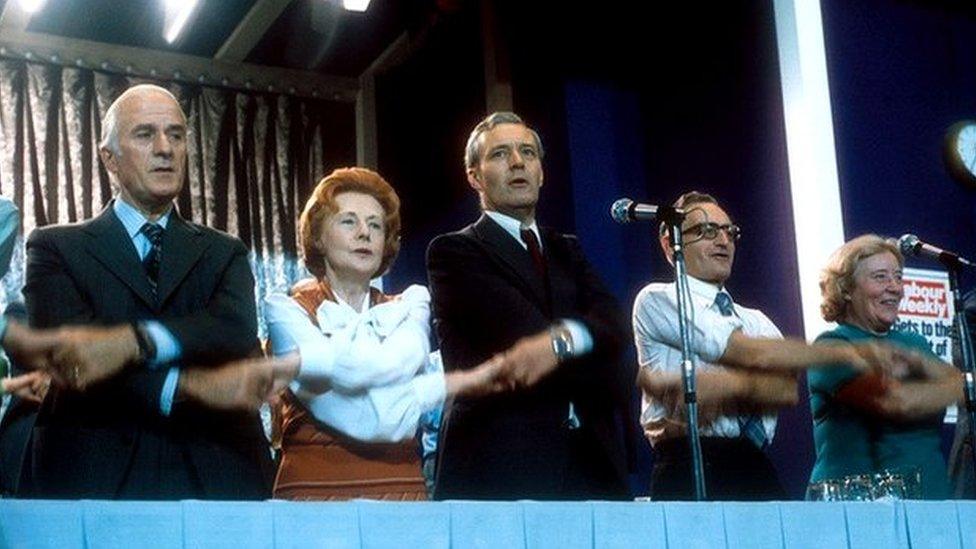
In 1981, he challenged Denis Healey for the Labour deputy leadership, losing out by a margin of 1%, in a contest that triggered deep divisions in the party.
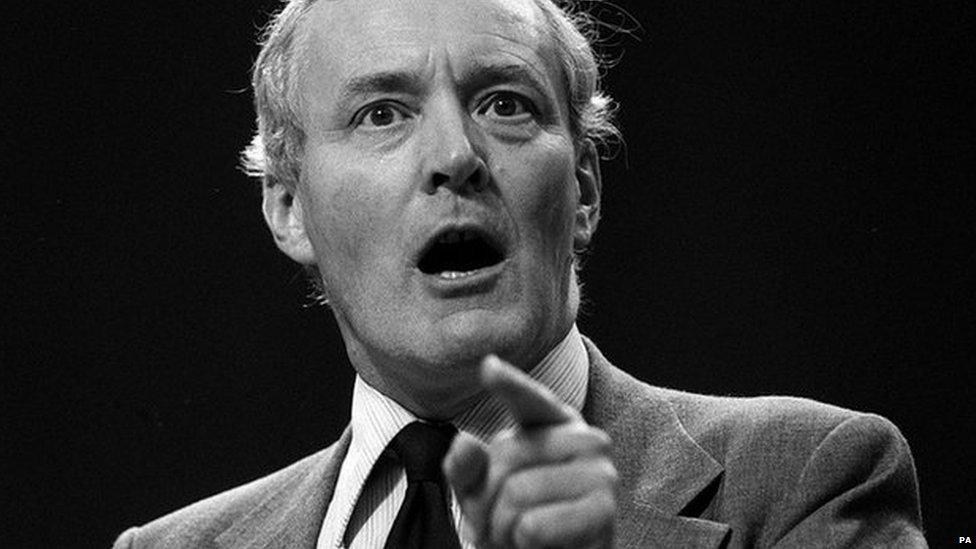
Benn had a long track record as a peace campaigner and supporter of nuclear disarmament.
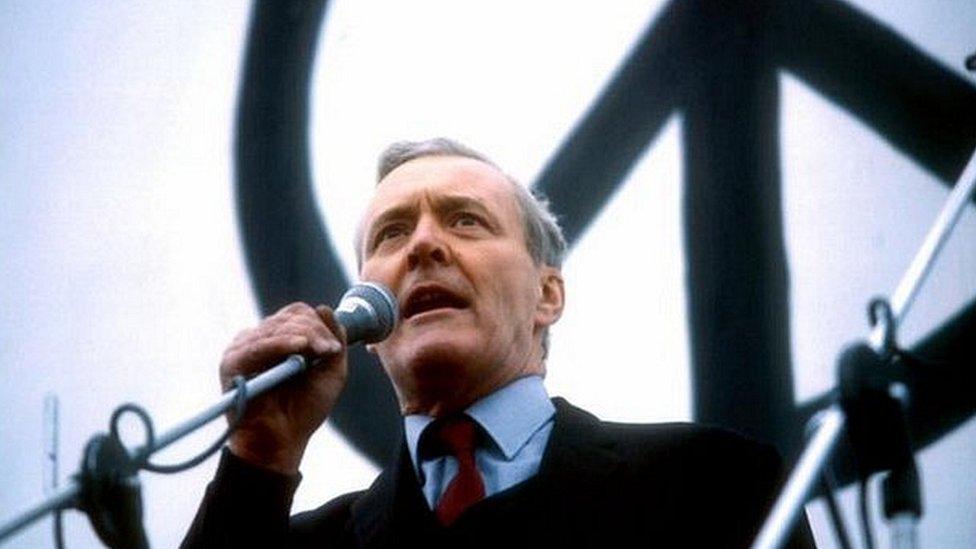
He was also a prominent supporter of the 1984 miners' strike and of his longstanding friend, National Union of Mineworkers leader Arthur Scargill.
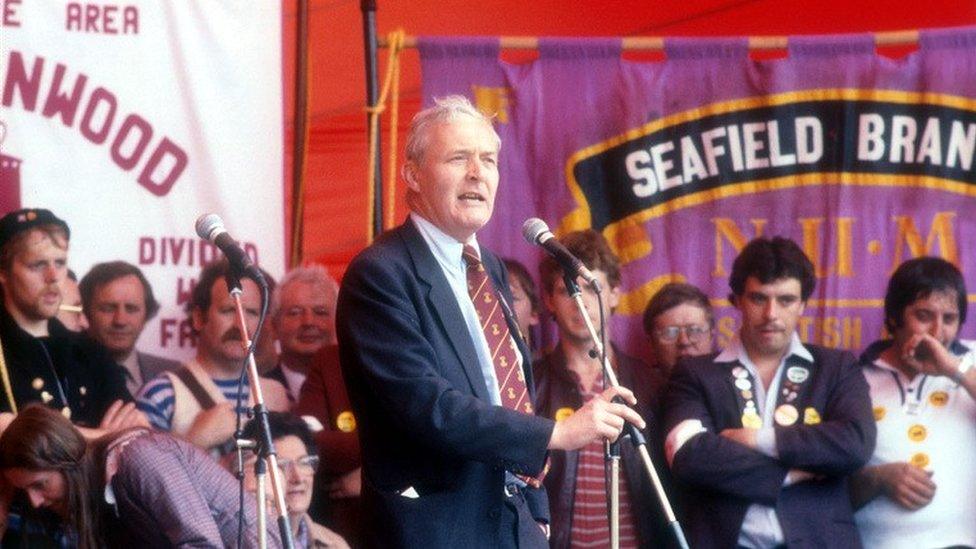
Benn and wife Caroline, who died in 2000, were a common sight at demonstrations - such as this 1993 Grimethorpe Pit Camp Rally,
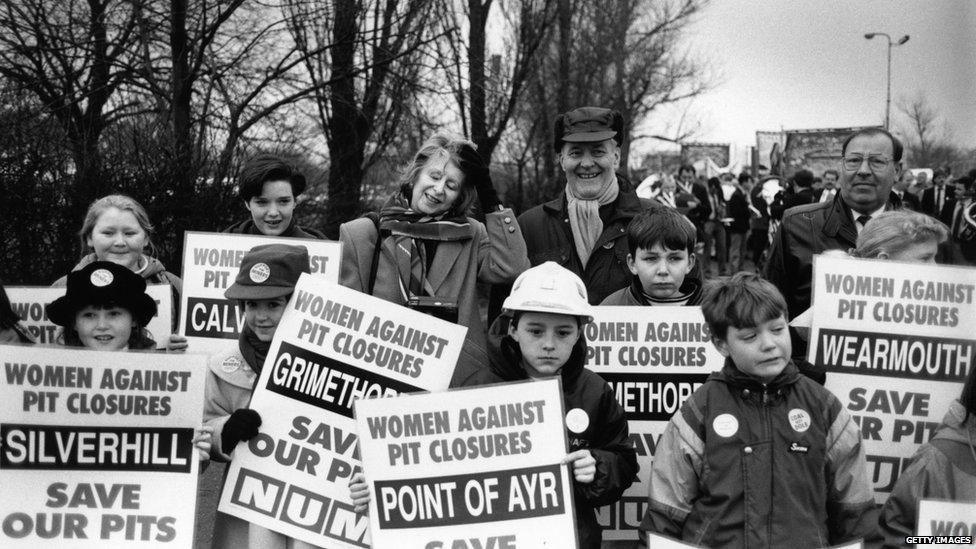
Benn stood down as MP in 2001, but stepped up his campaigning and public speaking activities and in 2003 became president of the anti-Iraq war Stop the War coalition.
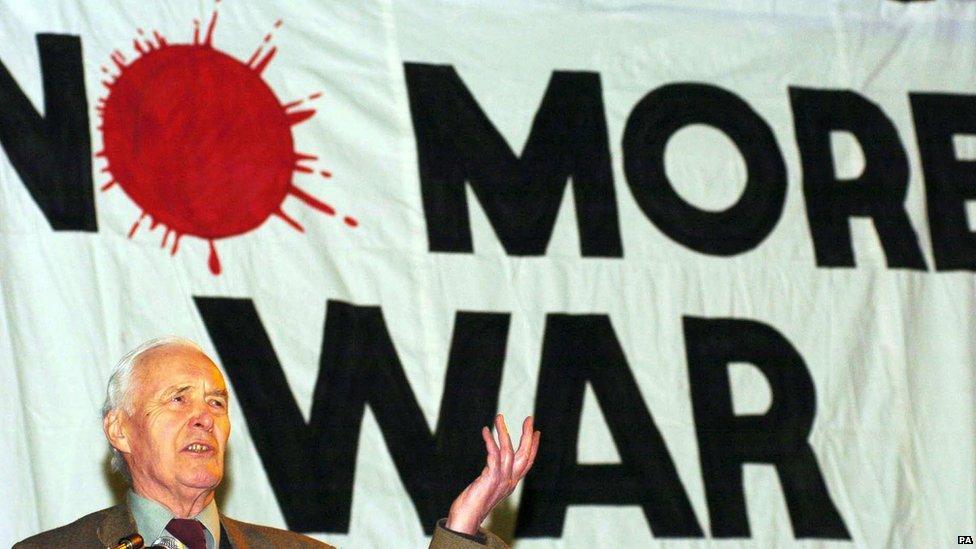
Benn - pictured here at the 2003 Labour conference - shed his former image as a firebrand, but never his socialist principles, as he settled into the role of elder statesman.
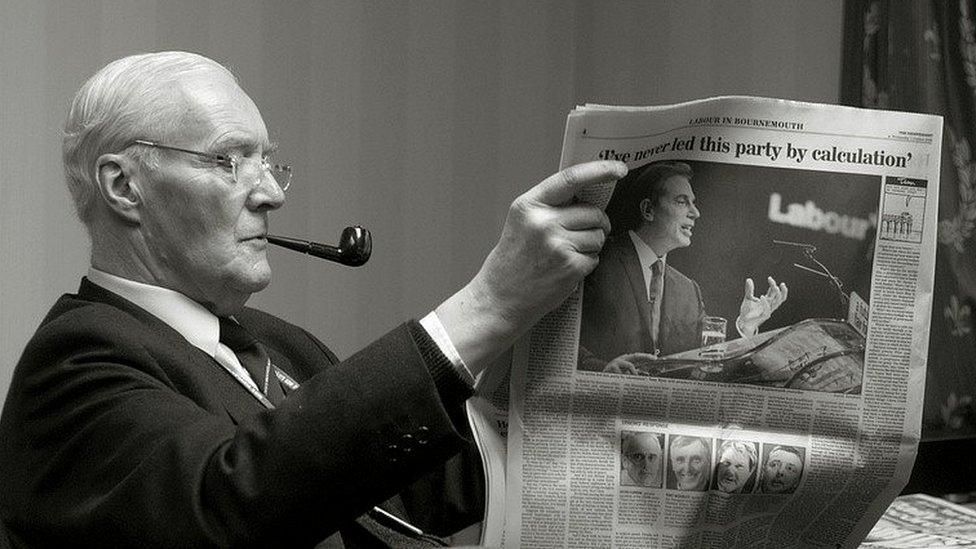
His nine volumes of political diaries are seen as a definitive record of Labour's time in and out of office and his one-man shows were usually sold out.
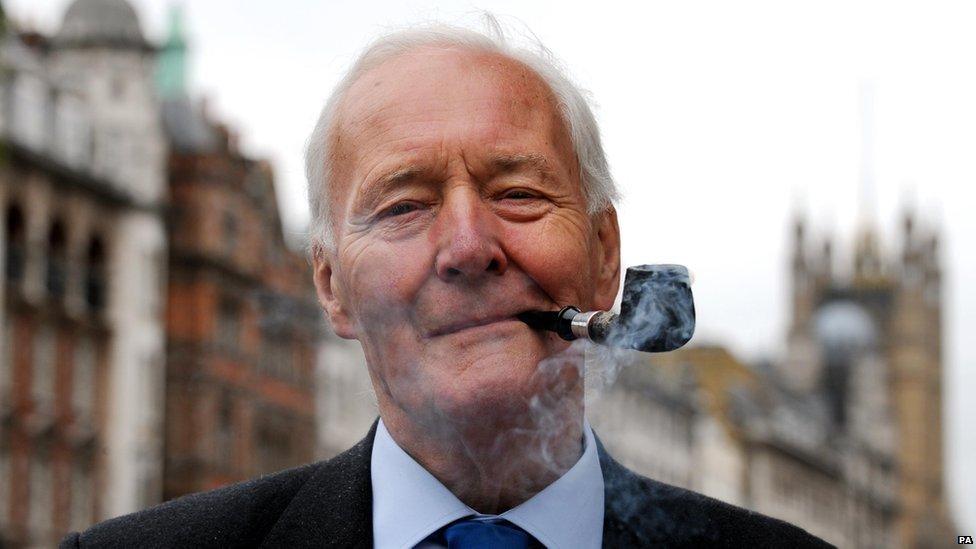
Benn made his final public appearance in December 2013, at an event in Westminster Hall to pay tribute to Nelson Mandela.
